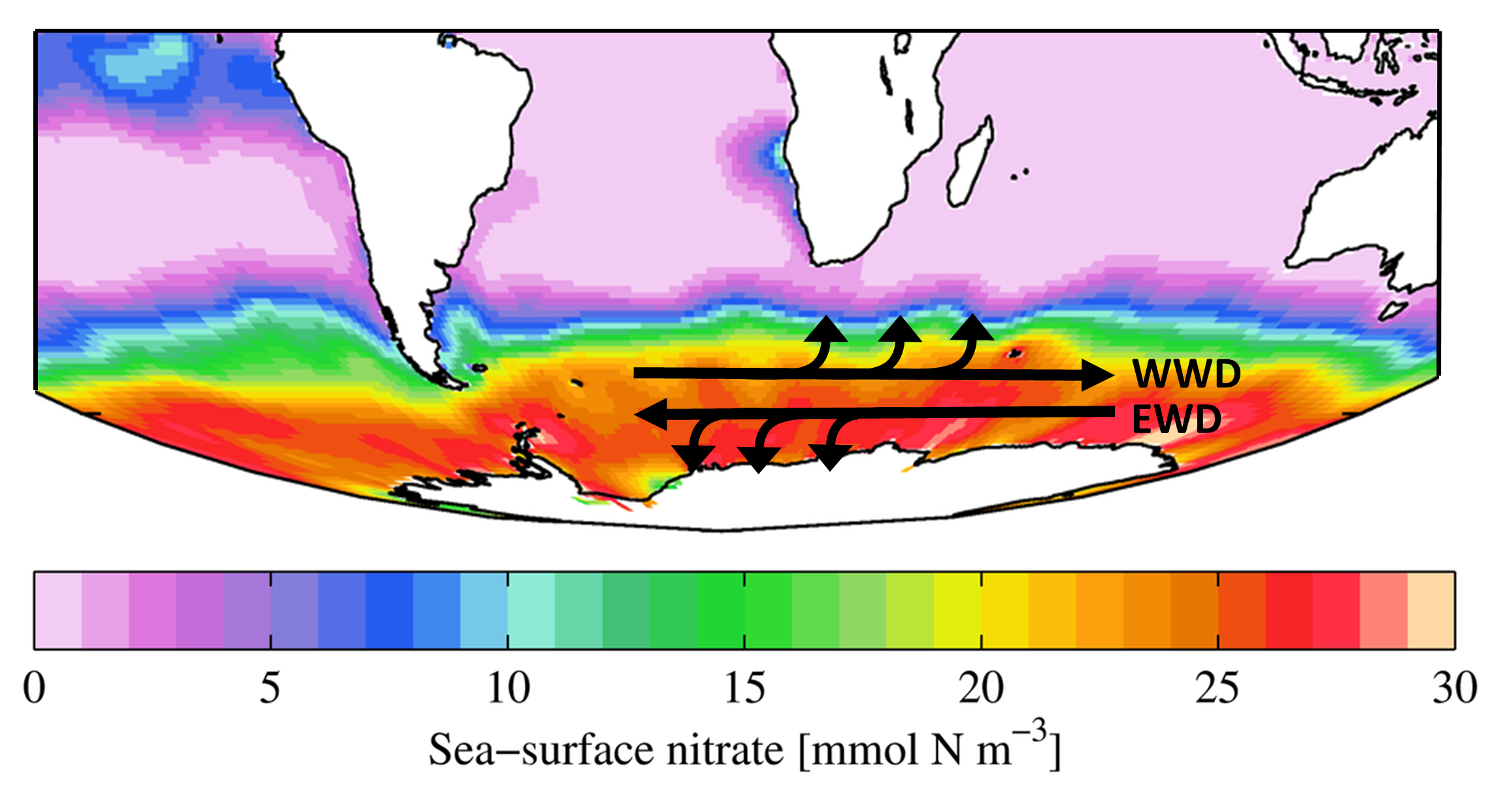Abyssal clay on deep sea floor.
The sediment layer on the ocean floor quizlet.
Neritic sediment is mostly.
Sediments in the deep sea fine grained collect slowly on sea floor.
Turbidity currents are swift moving 70 km hr 1 or more slumps of sediment similar to avalanches.
Sediment thickness in the oceans averages about 450 metres 1 500 feet.
The clay component or sometimes volcanic ash is generally carried from land by wind and falls on the.
The ocean basin floor is everywhere covered by sediments of different types and origins.
Because large particles settle faster turbidity currents leave layers of sediment called turbidite layers.
Latin for hole bearers.
Some of these organic sediments are called calcareous or siliceous oozes because they are so thick and gooey.
The sediment cover in the pacific basin ranges from 300 to 600 metres.
The carbonate layer may be prevented from chemically interacting with the sea water by overlying sediments such as a layer of siliceous ooze or abyssal clay deposited on top of the carbonate layer.
As the sea floor spreads thermal subsidence of the plate which has the effect of increasing depth may bring the carbonate layer below the ccd.
The post extinction layer of sediments contains.
Neritic sediments are sorted.
Foraminifera f ə ˌ r æ m ə ˈ n ɪ f ə r ə.
Mircofossils biogenous sediments from the period after the dinosaurs.
Start studying geology chapter 10 ocean floor.
And commonly an external shell called a test of diverse forms and materials tests of chitin found in some simple genera.
Informally called forams are single celled organisms members of a phylum or class of amoeboid protists characterized by streaming granular ectoplasm for catching food and other uses.
The only exception are the crests of the spreading centres where new ocean floor has not existed long enough to accumulate a sediment cover.

